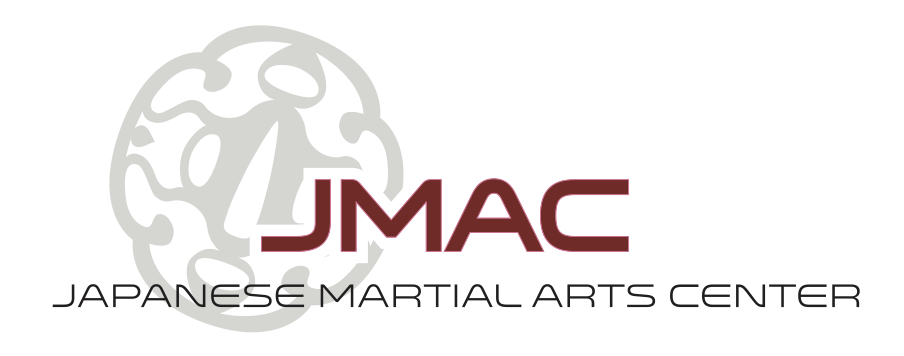Are you just starting your martial arts journey?
Aren’t sure why you must learn to count in a language you may not regularly use?
In many martial arts classes, you’ll encounter the practice of counting in Japanese. This practice is commonly integrated into warm-ups or repetitions of techniques.
Knowing how to count in Japanese is not just a cultural touchstone but also a practical tool that enhances the training experience.
Here’s a quick guide to the Japanese numbers from 1 through 5, which you’ll likely use in your Ann
Arbor martial arts classes:
- Ichi (いち) – One
- Ni (に) – Two
- San (さん) – Three
- Shi (し) – Four or Yon (よん)
- Go (ご) – Five
Counting in Japanese during your martial arts practice reinforces the language, providing a unique cultural aspect to your training.
Learn more about the importance of embracing language in your practice in our latest article.
Authentically Practice Martial Arts in Ann Arbor
Whether you're practicing at a local dojo or participating in martial arts in Ann Arbor, understanding these basic Japanese numbers will enhance your overall training experience and foster a deeper connection with the art form.
Embrace this aspect of martial arts culture and see how it can positively impact your practice!
Contact our team to learn more.


